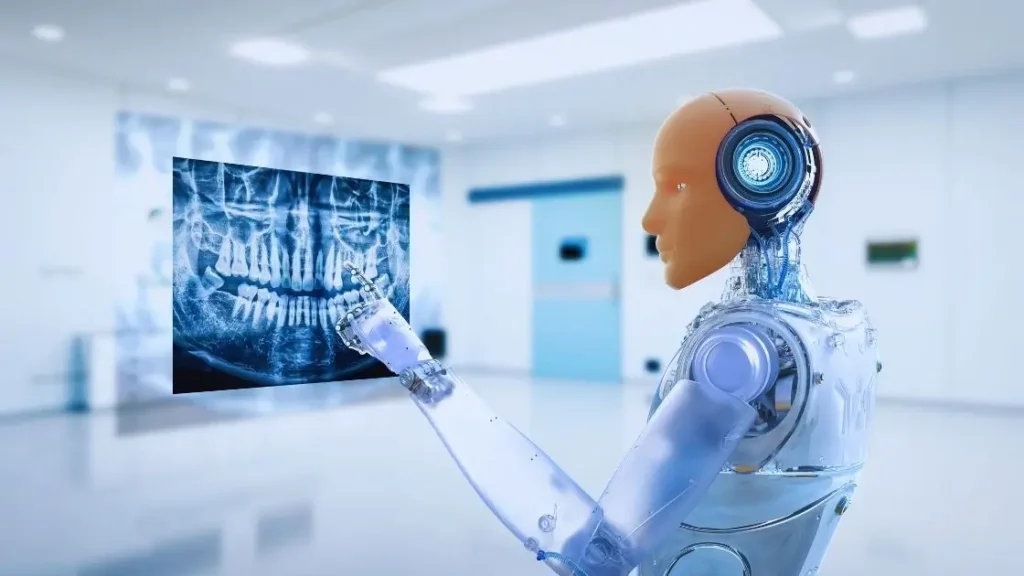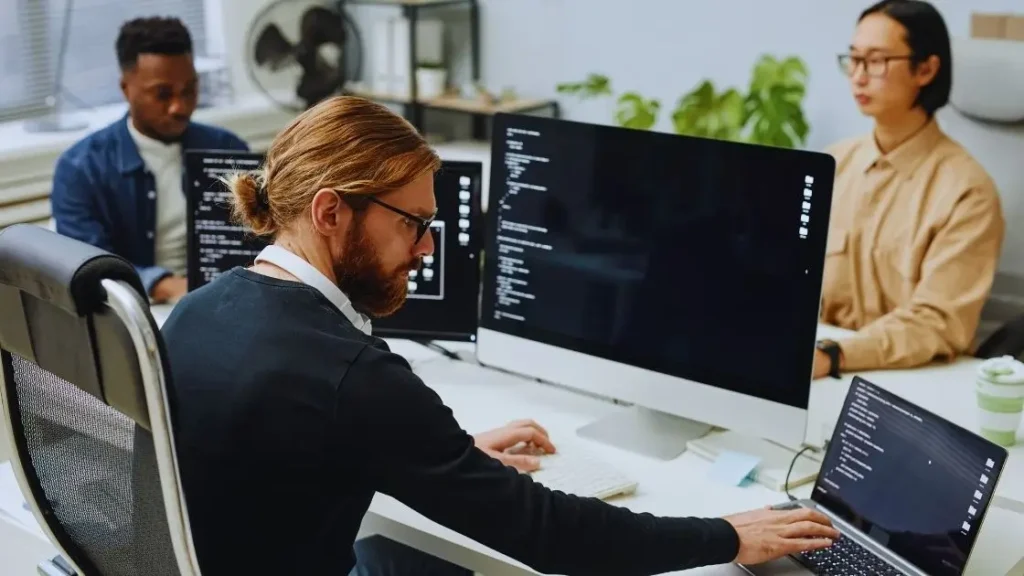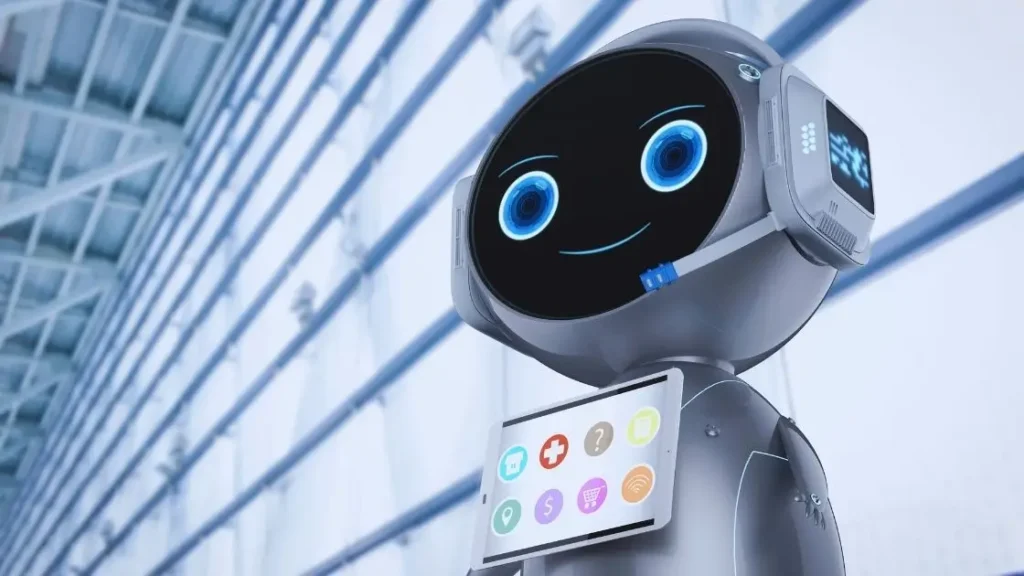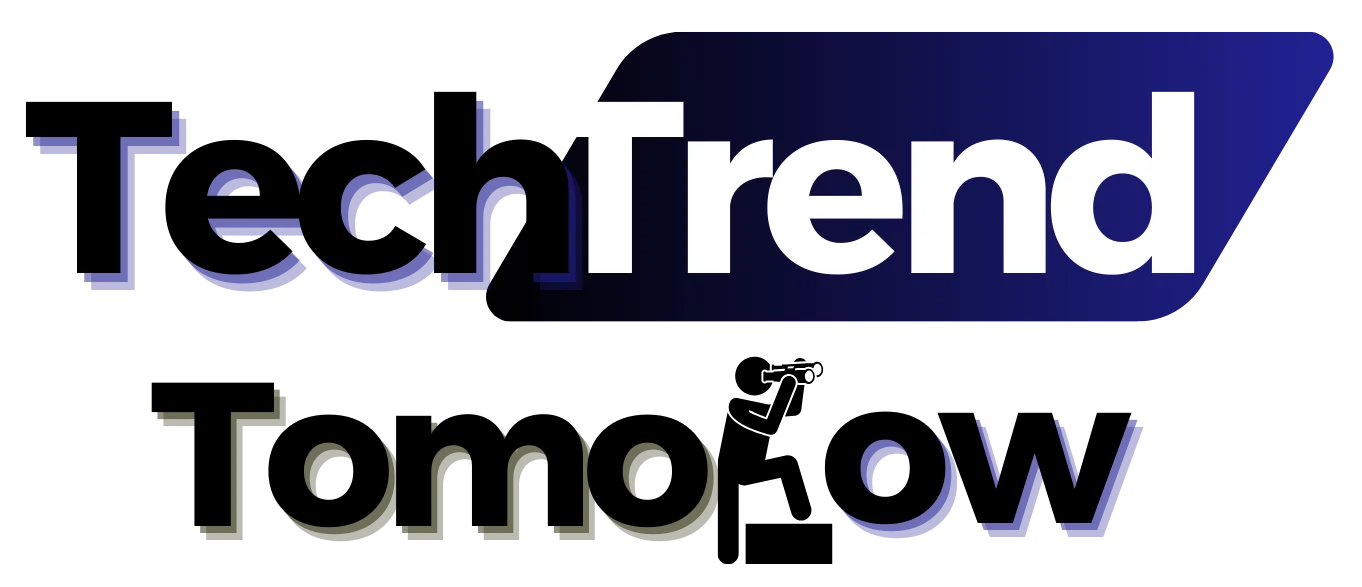Do you know that medical coding is on the cusp of a revolution?
Yes, Artificial intelligence (AI) is rapidly evolving, and its potential impact on this crucial healthcare field is becoming a hot topic. But will AI take over medical coding and end the medical coding jobs? The answer, like most things in healthcare, is complex.
In this blog, we are going to discuss this ongoing debate and explore the possibilities of a future where AI and human coders work together.
Table of Contents
4 Reasons Why AI Has the Potential to Take Over Medical Coding

1. AI Provides Impressive Speed and Efficiency Than Human Medical Coders
AI excels at processing vast amounts of data quickly and consistently. This can significantly reduce coding turnaround times and streamline workflows in busy healthcare facilities.
2. AI Doesn’t Make Human Errors Like Medical Coders
AI algorithms can be trained on massive datasets of coded medical records, minimizing the human error inherent in manual coding. This translates to cleaner claims and fewer denials.
3. AI Can Be Trained to be HIPAA-compliant
AI can stay up-to-date with the latest coding regulations and standards, ensuring healthcare providers remain compliant with evolving rules and guidelines.
4. AI Can Focus on Complexities
By automating routine tasks, AI frees up medical coders to focus on intricate cases requiring human judgment and expertise. This allows coders to leverage their in-depth knowledge for maximum impact.
4 Reasons Why AI Can’t Replace Human Medical Coders, Entirely

1. AI May Not Completely Grasp the Complexity of Medical Records
Medical records are a labyrinth of information, including doctor’s notes, lab reports, and patient histories. These documents can be riddled with typos, abbreviations, and nuances of medical jargon that can trip up even the most advanced AI.
2. AI Lacks Human Interpretation and Judgement
Medical coding often requires interpretation and judgment calls. AI may struggle to decipher the subtleties of a patient’s condition or physician’s intent within the documentation. This is where the human expertise of a medical coder becomes invaluable.
3. AI Can’t (Yet) Be Trusted to be Safe, Secure and Private
Medical records contain sensitive patient information (PHI). Integrating AI into the coding process necessitates robust security protocols and ongoing oversight by IT professionals to safeguard patient privacy.
4. Healthcare Is Always Changing
The healthcare landscape is constantly evolving, with new procedures, diagnoses, and coding guidelines emerging regularly. While AI can be updated, human coders possess the adaptability to navigate these changes and ensure accurate coding practices.
The Answer? Medical Coding Will See a Human & AI Collaboration

The most likely scenario for the future of medical coding is a collaborative approach. Here’s how AI and human coders can work together:
- AI as an Assistant: AI can act as a powerful assistant to coders, pre-populating codes, highlighting inconsistencies, and summarizing large datasets. This frees up coders’ time for complex cases and quality assurance.
- Human Oversight: Medical coders will remain crucial for overseeing AI output, ensuring accuracy and compliance. Their expertise will be essential in identifying and handling complex cases that require human judgment.
- Continuous Learning: As AI technology evolves, so too will the role of the medical coder. Upskilling and embracing new technologies will be key for coders to stay ahead of the curve and thrive in this AI-powered future.
Want more mind-boggling trending AI hot topics? How about exploring the Top 5 AI Discussion Questions? Or learn more about the Promises and Challenges of AI in Healthcare.
FAQs: Will AI Take Over Medical Coding — Your Questions, Answered!
1. Will AI completely replace medical coders?
No, AI is unlikely to replace medical coders entirely. Instead, it will likely become a powerful tool to assist coders, freeing them to focus on more complex tasks.
2. Is medical coding becoming automated?
Yes, it is, but rather very slowly. And the good part? It still needs human coders (yes, you!) to cross-check the automation process.
3. What are the benefits of AI in medical coding?
AI can improve coding speed, accuracy, and compliance. It can also help coders focus on more complex cases.
4. What are the challenges of using AI in medical coding?
AI can struggle with the complexity of medical records and may require human oversight to ensure accuracy. Additionally, security and privacy concerns need to be addressed when using AI with patient data.
5. What skills will medical coders need in the future?
Medical coders of the future will need to be comfortable with AI technology and possess strong analytical and problem-solving skills.
6. How can medical coders prepare for the future with AI?
Medical coders can stay ahead of the curve by embracing new technologies, upskilling in areas like data analysis, and staying up-to-date on the latest advancements in AI for healthcare.

